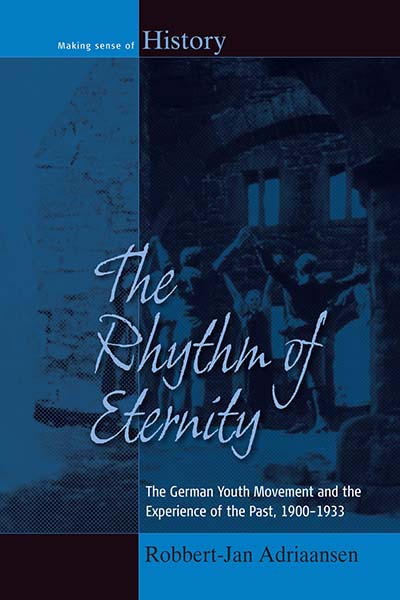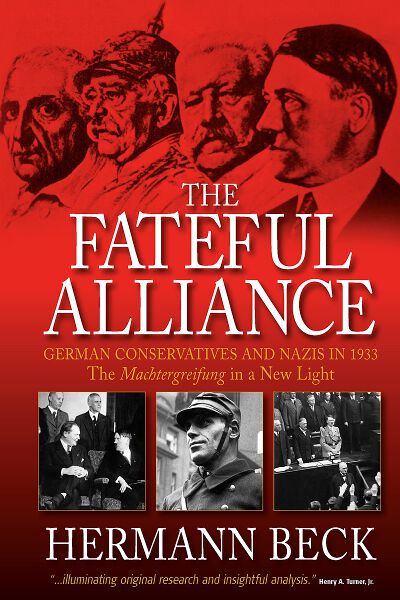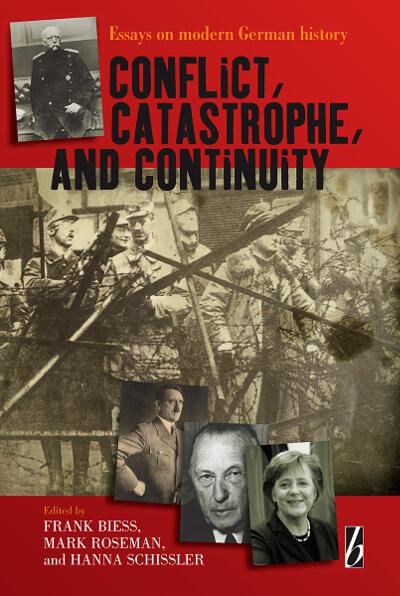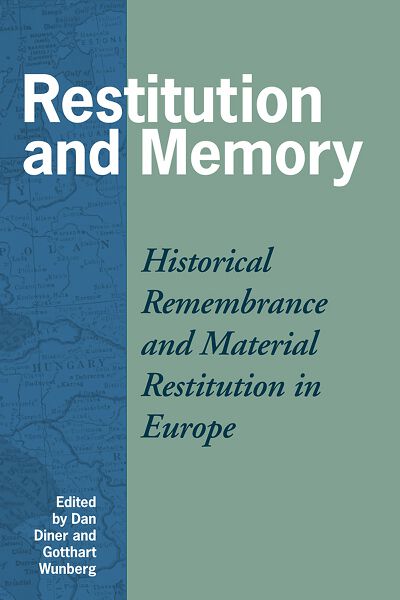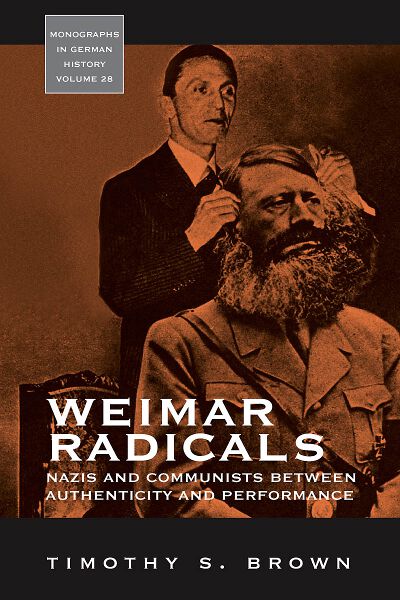
Series
Volume 28
Monographs in German History
See Related
History JournalsEmail Newsletters
Sign up for our email newsletters to get customized updates on new Berghahn publications.
Weimar Radicals
Nazis and Communists between Authenticity and Performance
Timothy S. Brown
225 pages, 20 illus., bibliog., index
ISBN 978-1-84545-564-4 $135.00/£104.00 / Hb / Published (April 2009)
ISBN 978-1-78533-336-1 $34.95/£27.95 / Pb / Published (August 2016)
eISBN 978-1-80758-169-5 eBook
Reviews
“Brown’s [innovative study] makes a vital contribution to an understanding of the Weimar Republic as a set of competing political stages, where radicalism was not the direct result of social or economic circumstances, but part and parcel of a deliberate dramatization of political speech.” · German History
"This is a remarkable, provocative, and eloquent study of the mutual suspicion, mutual citation, and mutual competition between Communists and Nazis who defined radicalism in terms of authenticity as well as ideology and thereby found themselves to be political intimates as well as adversaries. Timothy Brown provides an entirely new perspective on the end of the Weimar Republic and the beginning of the Third Reich." · Peter Fritzsche, author of Life and Death in the Third Reich
"... exciting and informative." · H-Soz-u-Kult
"This splendid book offers a fresh look at the extraordinarily violent cultural-political radicalism of the post-World War I era, which has long been obscured by the Manichean dualism of anticommunism/antifascism and the Cold War. Brown shows convincingly that the multitude of militant-male mass-based radical movements of Weimar Germany cannot be understood simply as dichotomous pre-fascist and pre-communist antecedents to Hitler and Stalin.... [A] sophisticated cultural interpretation." · Diethelm Prowe, Carleton College
Description
Exploring the gray zone of infiltration and subversion in which the Nazi and Communist parties sought to influence and undermine each other, this book offers a fresh perspective on the relationship between two defining ideologies of the twentieth century. The struggle between Fascism and Communism is situated within a broader conversation among right- and left-wing publicists, across the Youth Movement and in the “National Bolshevik” scene, thus revealing the existence of a discourse on revolutionary legitimacy fought according to a set of common assumptions about the qualities of the ideal revolutionary. Highlighting the importance of a masculine-militarist politics of youth revolt operative in both Marxist and anti-Marxist guises, Weimar Radicals forces us to re-think the fateful relationship between the two great ideological competitors of the Weimar Republic, while offering a challenging new interpretation of the distinctive radicalism of the interwar era.
Timothy Scott Brown is Professor of History at Northeastern University and the author of West Germany and the Global Sixties: The Anti-Authoritarian Revolt, 1962–1978 (Cambridge 2013, 2015). He is the co-editor (with Andrew Lison) of The Global Sixties in Sound and Vision: Media, Counterculture, Revolt (Palgrave 2014), and (with Lorena Anton) of Between the Avant-Garde and the Everyday: Subversive Politics in Europe from 1957 to the Present (Berghahn 2011).

